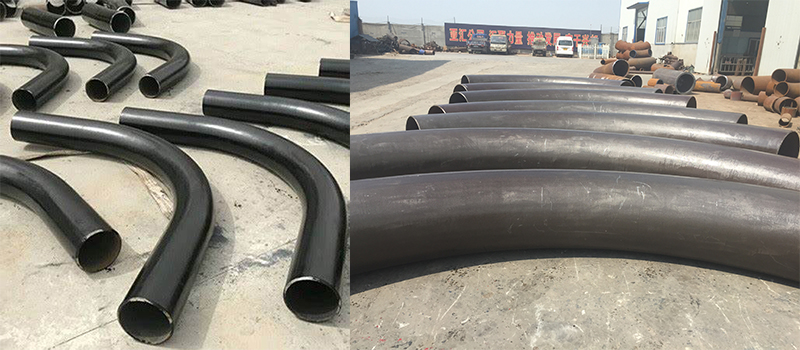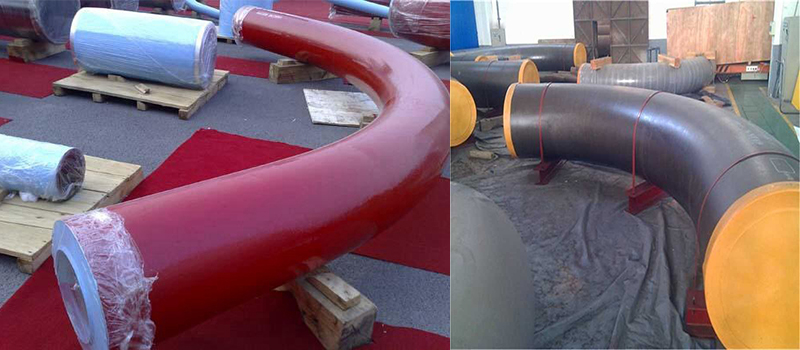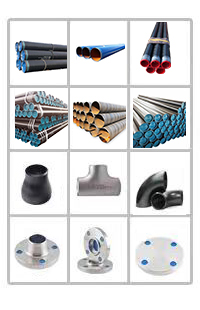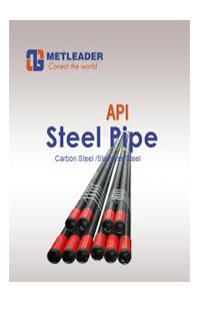Bending pipe production requirements and mechanical properties
In the process of using traditional technology to produce its elbow, in order to have a better product surface quality, many methods will be adopted in the process of use, such as the use of advanced pipe benders or the use of relatively high-strength molds. Lubricating oil and other methods.
If the elbow is made with advanced processing equipment or a relatively high-strength mold, the company will have a relatively large investment. Only by using its lubricating products can the cost of use be effectively reduced, and then it can reach the company relatively quickly. Product quality requirements.

In the traditional production process, its bend lubrication can meet the quality requirements of the bend in the production of the bend, but the disadvantage of oil-based pipe lubrication products is that it is not easy to clean, which directly causes serious pollution to the environment and requires measures To eliminate.
In order to be able to effectively meet the quality requirements of the bending pipe products, effectively reduce or even avoid the material and financial resources paid for its environmental problems, its feature of no-washing and direct welding can greatly improve the production efficiency and product quality of the enterprise.

The mechanical properties and wall thickness of the elbow during the bending process will directly affect the quality and use of the product. Therefore, the processing technology is very important, and the products are widely used in the chemical, electric, and petroleum industries.
Nowadays, there are many processing materials for elbows. Cast steel, stainless steel, aluminum alloy and other materials can be used in the production process. The structure of the product is completed by the bending die and the guiding die. Interconnected.









